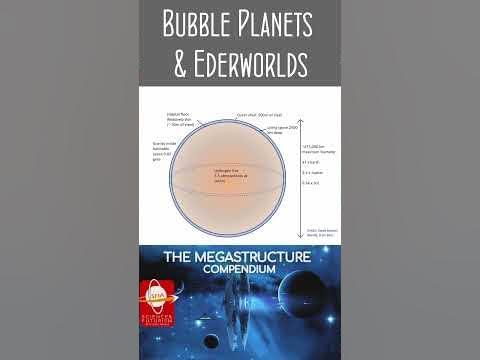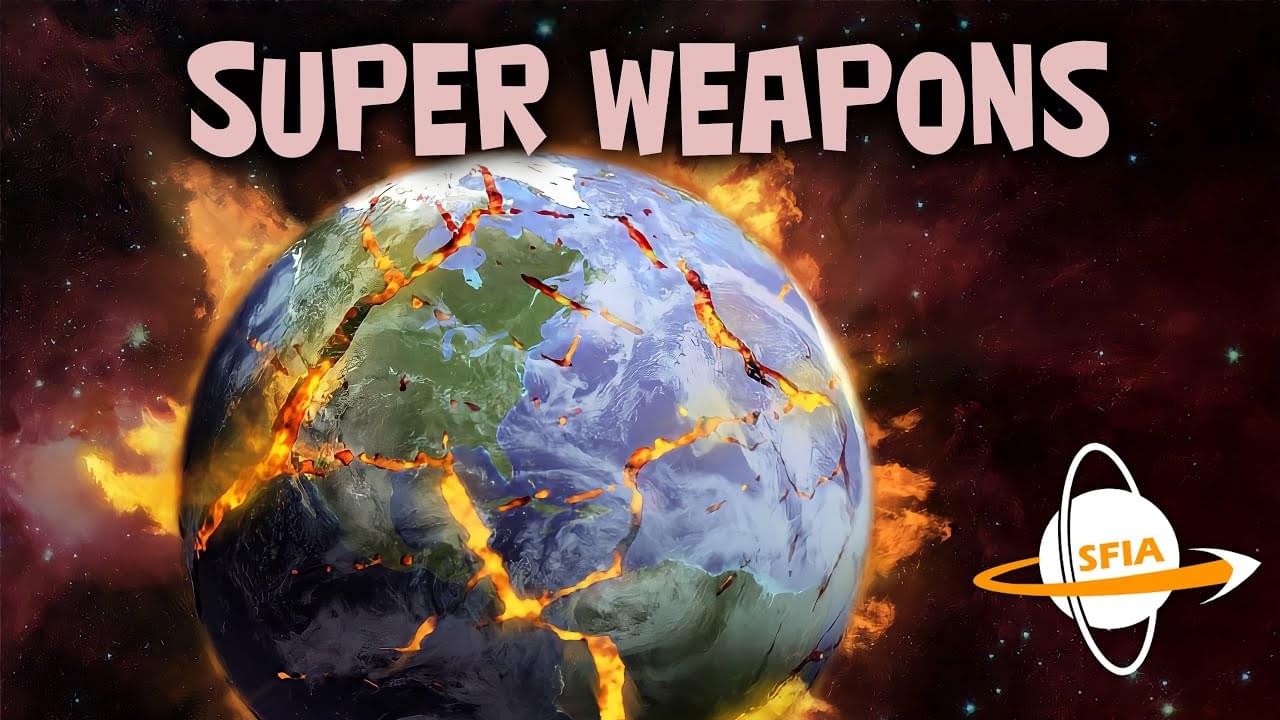Ederworlds & Bubble planets are artificial worlds held up by internal pressure, and can be several times larger than Earth.

Ederworlds & Bubble planets are artificial worlds held up by internal pressure, and can be several times larger than Earth.
The International Astronomical Union has confirmed the existence of three currently unnamed moons — one around Uranus and two orbiting Neptune.
Joe Louca: “Think of it like a realistic video game set on the Moon – we want to make sure the virtual version of moon dust behaves just like the actual thing, so that if we are using it to control a robot on the Moon, then it will behave as we expect.”
After Neil Armstrong took his first steps on the Moon, he said, “It’s almost like a powder”, as he described the lunar regolith, and astronauts on future Apollo missions found working on the lunar surface rather cumbersome and tedious due to the much finer lunar dust compared to Earth’s dirt. Therefore, what steps can be taken to better prepare future rovers and astronauts for NASA’s Artemis program to work on the lunar surface?
This is what a recent study published in Frontiers in Space Technologies hopes to address as a team of researchers led by the University of Bristol developed virtual models of lunar regolith simulants that could provide cost-effective methods to prepare astronauts and robots to work on the lunar surface, someday.
The images of the “stadium-sized” asteroid, 2008 OS7, were captured using NASA’s 230-foot Goldstone Solar System Radar antenna dish.
NASA’s Deep Space Network planetary radar has captured the first detailed images of a “stadium-sized” asteroid dubbed 2008 OS7.

Our history has been one of inventing ever more devastating and unstoppable weapons, and yet they may pale in comparison to those made to wreck whole galaxies or tear asunder reality itself.
Get Nebula using my link for 40% off an annual subscription: https://go.nebula.tv/isaacarthur.
Watch my exclusive video on Colonizing Binary Stars: https://nebula.tv/videos/isaacarthur–…
Visit our Website: http://www.isaacarthur.net.
Join Nebula: https://go.nebula.tv/isaacarthur.
Support us on Patreon: / isaacarthur.
Support us on Subscribestar: https://www.subscribestar.com/isaac-a…
Facebook Group: / 1583992725237264
Reddit: / isaacarthur.
Twitter: / isaac_a_arthur on Twitter and RT our future content.
SFIA Discord Server: / discord.
Key Takeaways:
Within this system, two young stars engage in an intimate celestial waltz, while a third star pirouettes around the pair. Enveloping all three stars is a fragmented disk of dust and gas, a cosmic canvas where future planets may take shape. This disk, unlike the one that gave rise to our solar system’s planets, comprises three loops, each with its unique contortions — a middle ring distinctly warped, and an inner ring playfully askew in relation to its companions.

A look at creating artificial planets, ones vastly bigger than Earth, or potentially even an entire solar system.
Visit our sponsor, Brilliant: https://brilliant.org/IsaacArthur/
Visit our Website: http://www.isaacarthur.net.
Join Nebula: https://go.nebula.tv/isaacarthur.
Support us on Patreon: / isaacarthur.
Support us on Subscribestar: https://www.subscribestar.com/isaac-a…
Facebook Group: / 1583992725237264
Reddit: / isaacarthur.
Twitter: / isaac_a_arthur on Twitter and RT our future content.
SFIA Discord Server: / discord.
Listen or Download the audio of this episode from Soundcloud: / mega-earths.
Cover Art by Jakub Grygier: https://www.artstation.com/artist/jak…
In the final days of his six-month stint aboard the International Space Station (ISS), Danish astronaut Andreas Mogensen took some time out of his science work to snap some striking photos of a snow-covered Grand Canyon.
The images were captured from the station in recent days as it orbited Earth at an altitude of around 250 miles.